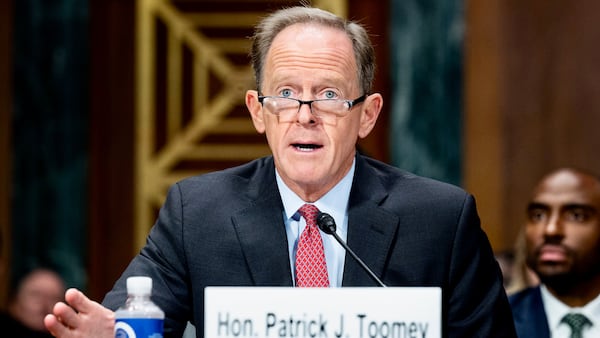- In early 2022, lenders deposited almost $1 billion in crypto protocol Maple Finance.
- Borrowers took out under-collateralised loans, making Maple the largest player in the space.
- Every Maple lending pool launched this year has asked would-be borrowers to put up collateral worth more than the loan itself.
Institutional lending protocol Maple Finance has largely ditched under-collateralised loans after crypto’s extended bear market sapped creditworthiness among would-be borrowers.
“It’s not because we’re saying, ‘Oh, lenders don’t want that,’” Quinn Thompson, Maple’s head of growth and capital markets, told DL News. “We’re looking at the companies in the space, and we’re saying, ‘You’re not good enough for un-collateralised, you don’t make enough money.’”
All lending and borrowing pools launched on Maple in 2023 were over-collateralised. And with Maple winding down legacy lending pools, only 10% of outstanding loans on the platform are under-collateralised.
Big challenge
Providing under-collateralised loans has long been a challenge in crypto, a nascent industry in which a potential borrower’s credit-worthiness can be difficult to ascertain.
That is especially true for the many protocols that do not vet potential borrowers during the onboarding process. Such know-your-customer procedures are considered anathema to many crypto diehards, for whom anonymity is a guiding virtue.
But Maple was built to match vetted institutional lenders and borrowers. It became popular with crypto market makers that have borrowed more than $700 million in crypto using Maple over the past two years.
The total value of the protocol’s crypto deposits approached $1 billion in May 2022.
$36 million loan default
The successive crises of 2022 hammered that top-line number. Then, in December, crypto firm Orthogonal Trading defaulted on a $36 million loan to Maple.
Maple severed ties with the company, citing “material misrepresentations regarding their financial position.”
The total value of crypto locked on the platform fell to $21 million in March, according to DefiLlama data.
Still, it has inched upward in the months since, something Thompson attributed to the company’s decision to begin underwriting loans itself, a service it calls Maple Direct, as well as a new product that allows customers to access US Treasury yields.
“Our previous products were not, let’s say, what was going to work in this market environment,” he said. “Previously, Maple did a lot of under- and un-collateralised loans.”
Such loans typically come with greater risk, he added, but also greater rewards. That was fine during a bull market, but the calculus has changed over the past year as governments raised benchmark interest rates to fight inflation — increasing the cost of credit — and also as token prices have plummeted.
“Profitability is tied to the prices,” he said. “So what that means in this environment is, no one’s profitable.”
Handling risk
Most credit in the world is under-collateralised, and offering those loans again is going to be “crucial” in the future, according to Thompson. But that will have to wait until the risk of borrowers defaulting has subsided.
“That’s going to happen and that’s why we’re building these rails,” he said. “But it’s very important that we maintain our reputation as a quality underwriter.”
Have a tip about DeFi? Contact the author at aleks@dlnews.com.



